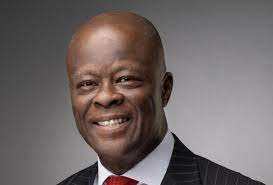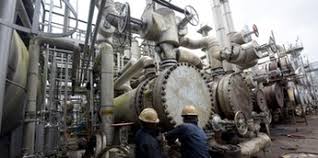Nigeria’s finance minister, Wale Edun, says the country anticipates receiving $10 billion in foreign currency inflows over the coming few weeks, which will help to increase liquidity in the foreign exchange market and stimulate growth in Africa’s largest economy.
Due to foreign investors’ withdrawal from local assets during a time of low oil prices, the West African nation has experienced ongoing currency shortages. Since then, investors have failed to come back, and the central bank has not yet satisfied unresolved requests for dollars from overseas investors looking to send money home or airlines looking to send money from international ticket sales.
Due to the shortages, several companies and people have turned to the black market, where the naira has fallen to record lows repeatedly, widening the difference between the official rates.
According to Edun, President Bola Tinubu signed two executive directives on Thursday allowing the domestic issuance of foreign currency instruments as well as the transfer of all funds outside the banking system into banks.
“There is a line of sight on $10 billion worth of inflows of foreign exchange in the relatively near future, in weeks rather than months,” Edun stated at a business conference.
He noted that crude sales from the government oil company and international investment businesses eager to make investments in Nigeria will also provide liquidity.
“These measures, taken as a whole and comprehensively, should lead to the flow of foreign exchange.”
Two days after hitting a new low of nearly 1,000 naira on the official market, the naira plunged to a record low of 1,200 per dollar on the black market on Monday.
The country’s central bank governor stated that the currency would adjust once the regulations for market players were made clear. Tinubu assured the conference that any forward contracts entered into by the government would be honored.




















